|
I spent this afternoon talking with Jen at the Winnipeg Free Press about my Lose Hate Not Weight philosophy and lots of other body image related topics - since it's around that New-Year's-resolution-driven-fat-panic-diet-spiking time of year. And then Jen introduced me to something I had never heard of. It's called fitspo. It's short for Fitspiration. According to Glamour: Fitspo refers to images and words that women post with the purpose of inspiring themselves and others to live a fit, active life. The fitspo trend arose after thinspiration - #thinspo - images were banned from social media sites like Tumblr and Twitter because of the images' consistent portrayal of very thin (some say unhealthily thin) women. In my albeit brief research, fitspo images don't seem much different, but now they say things like "strong is the new thin" or they say this: In looking particularly at images that have text I found 5 major themes that were consistent in fitspo messages that I argue are ruining your day, our culture and perhaps most importantly ice cream: 1. Failure & Bootstrapping Dear JilMike, you call the absence of a 6-pack failure; I call it cake-is-delicious. For those new to the concept of bootstrapping, it's the belief that we are each completely independently responsible for our individual success or failure. And that if you fail it is because you didn't try hard enough. Notable example of this being a big old lie: the economy. 2. Death & Destruction Like the first image (about fat funerals), there is a distinct necropolitical bent to some of the messaging. According to political scientist Achille Mbembe: "contemporary forms of subjugation of life to the power of death (necropolitics) profoundly reconfigure the relations among resistance, sacrifice, and terror." Writers like Naomi Wolf have discussed the ways in which sexism seeks to imbue women with a desire for our own destruction. 3. Pain This theme ties to the first and second themes I mentioned and is based in the very Protestant/WASP belief that nothing worth having - nothing respectable - comes without suffering. Also, naturalizing pain - saying that pain is a natural and inevitable condition of success - sets women up to be unhappy no matter what we do. 4. Ableism Ableism is, in part, about creating anxiety about your physical abilities and equating disability with personal failure. This image uses our cultural anxiety about aging/loss of ability to convey that you have a limited timeframe during which you can actually achieve things and that not using your body for intense exercise is something you will regret. Beyond being ableist, it's also just really manipulative. 5. Bullying
Maybe I'm in the minority but I don't like to make things - even inanimate things - cry, and last time I checked that was called emotional abuse (or dacryphilia). So, let's recap. I don't think that:
are inspiring. They also create a psychological link between physical activity - which should be fun and pleasurable - with really awful outcomes and intentions. One of the last things Jen (you remember, from the Winnipeg Free Press) and I talked about was the ways that IRONICALLY the diet and fitness industry actually creates the really negative relationship that people have with food and with physical activity. When you give foods (like cookies or kale) magical powers you create a situation in which people will act irrationally and inauthentically around food. When you endow physical activity and movement the magical powers of success and failure you create a situation in which people will develop a really fraught relationship with movement of any kind. I know that for me, sometimes even going out for a walk - because it's gorgeous outside and I just want to see some gorgeousness! - can trigger feelings of shame or "yay me" or goal-setting. These feelings are NOT natural or innate; they are learned. So, Fitspo, I'm sorry but I'm going to have to say that you are anti-humanitarian, you are sexist, you are ableist and you're just a plain misnomer. There ain't no inspiration in suffering. This blog continues to be free through community support. Yay! Want to support me in my continued efforts to generate fat positive content online? Donate now <3
Kate
1/10/2014 01:47:40 am
Could not disagree more. Exercising is you being good to yourself. Is it hard? Sometimes. Is it painful? Sometimes but a good pain. Setting goals for yourself and accomplishing them isn't a bad thing. Be realistic but at the same time don't make it so easy there's no point.
Virgie
1/10/2014 07:32:32 am
Kate, I'm not saying exercise is bad. I am saying the Fitspo trend is problematic and creates a tie between negative emotions and exercise. I believe that without that negative emotional tie I know that my - and I'm sure others' - experience of physical activity and movement would be enhanced without creepy trends like fitspo telling me that my workout is a funeral for my fat.
Tracy
1/10/2014 01:52:04 pm
Right! I hate that there has to be some reason for me to move my body. This fitspo trend has turned movement into a damned chore. It's no longer about doing something because you just feel like it. It's now about reaching some aspiration all goal to prove your worth or how much you "love yourself". My love for myself is no longer conditional and I no longer agree with these kinds of messages.
kathleen
1/10/2014 01:49:10 pm
exercise, when done correctly, should not be 'painful'. The author is not saying 'exercise' shouldn't be done. But we've gotten away from exercise as 'movement'; a particularly healthy and appropriate state of being for the human body. We have commodified movement and food and given them rankings and status and therein lies the problem. 1/17/2014 12:46:30 am
The topic you have chosen to write is really critical but good. You describe whole topic smoothly and briefly which turns your post into a important content. I hope you will write more
Evan
3/17/2014 02:53:26 am
I find this right on point. When I first noticed fitspo rising I was relieved to see imagery that encouraged women to find strength and affirmation in our bodies (rather than just encouraging us to adhere to the stick-thin beauty idea) until I figured out that it was the same trend dressed up with a new unattainable beauty ideal and a tweaked version of the same message: you will only reap the rewards of a better physical self (which will also release your better spiritual and emotional self) once you learn how to suffer for it. But this time it's "healthy," not like that time everyone just wanted you to be skinny--which makes it doubly insidious. Thanks for lifting the veil and doing a great job articulating what makes fitspo so scary to me.
Erin
8/14/2014 05:53:33 am
I pin tons of fitspo on Pinterest, and am studying to be a doctor. I see my blood pressure improve when I workout, and my consumption of water. I do very intense 90 minute circuit workouts and I love it! It makes me feel like I accomplished something, and looking in the mirror, I can say I love seeing my muscle tone improve. I weigh more than the average woman, but only because of muscle. People know they won't become a model by working out, but maybe it makes them feel like they are one, no matter what their size. Also, every article on fitspo negativity posts the most ridiculous pictures. That is keeping people misinformed on the positivity in most fitspo. I will not feel ashamed of how I got my six pack abs. And I got them all for me. Comments are closed.
|
Virgie Tovar
Virgie Tovar, MA is one of the nation's leading experts and lecturers on fat discrimination and body image. She is the founder of Babecamp (a 4 week online course focused on helping people break up with diet culture) and the editor of Hot & Heavy: Fierce Fat Girls on Life, Love and Fashion (Seal Press, 2012). She writes about the intersections of size, identity, sexuality and politics. See more updates on Facebook. Archives
April 2021
Categories
All
|
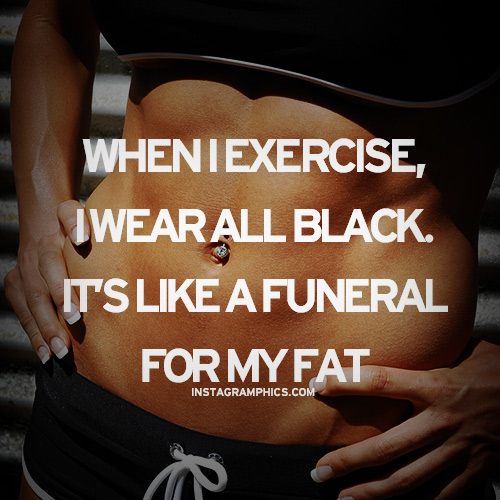
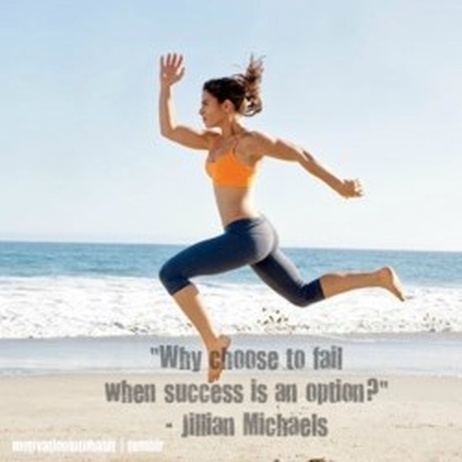
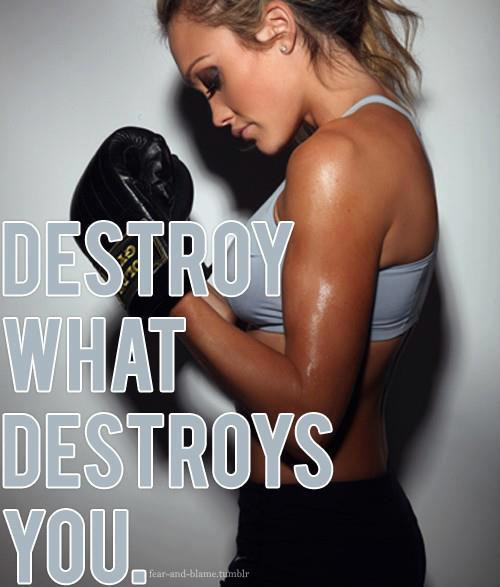
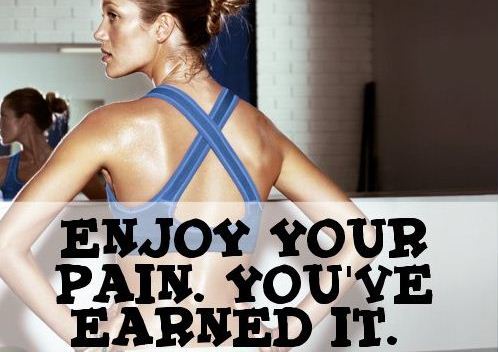
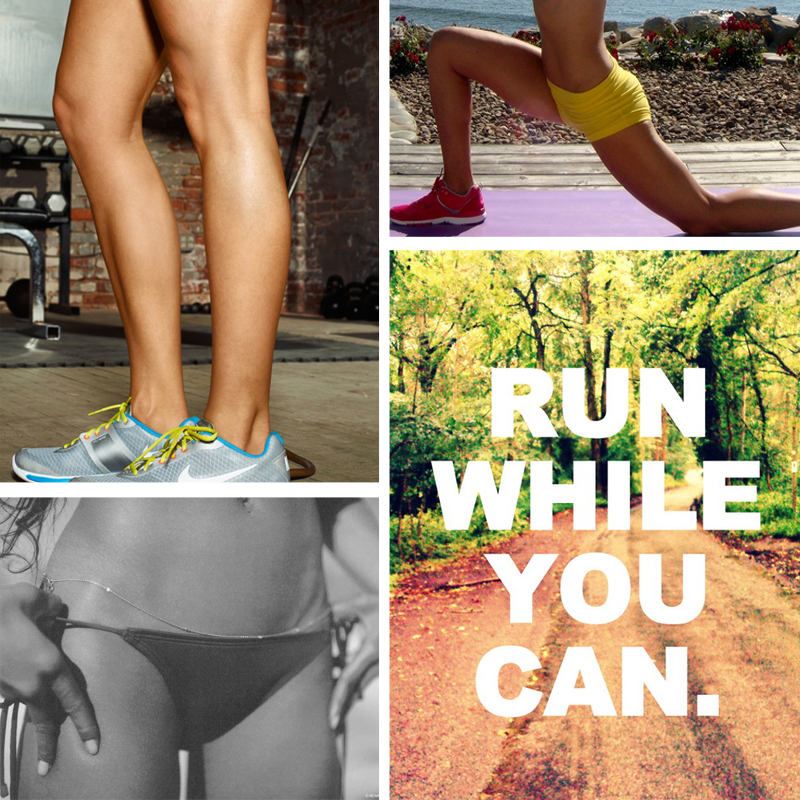
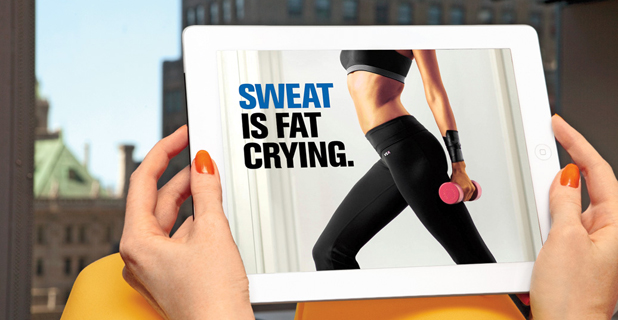


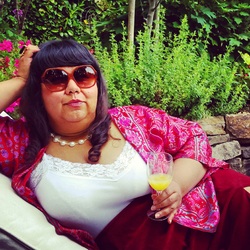
 RSS Feed
RSS Feed